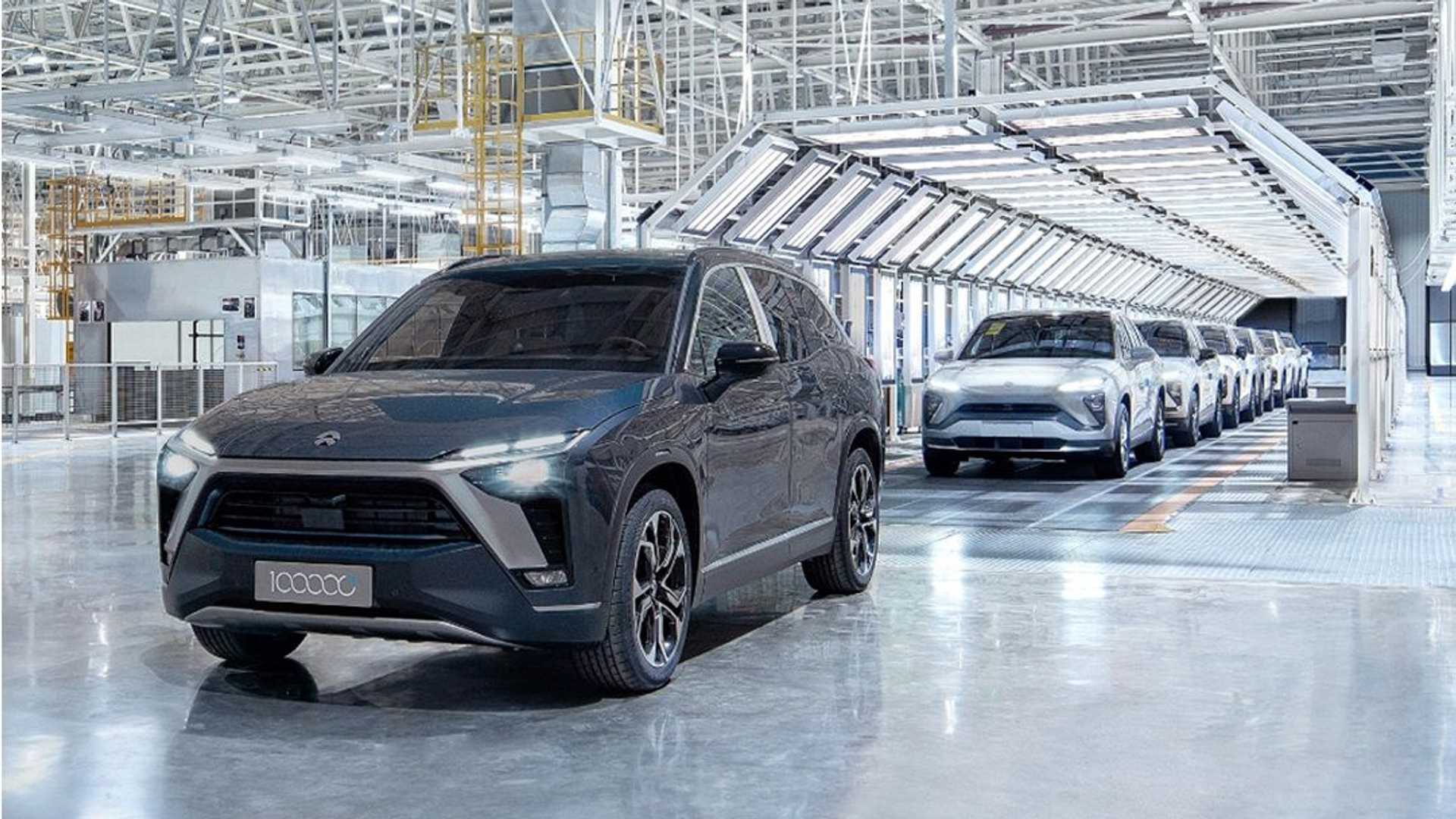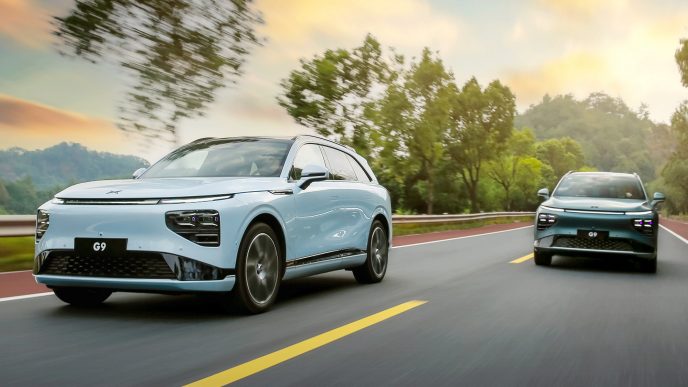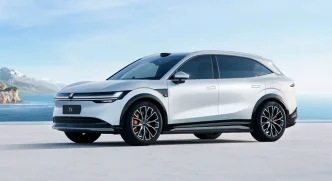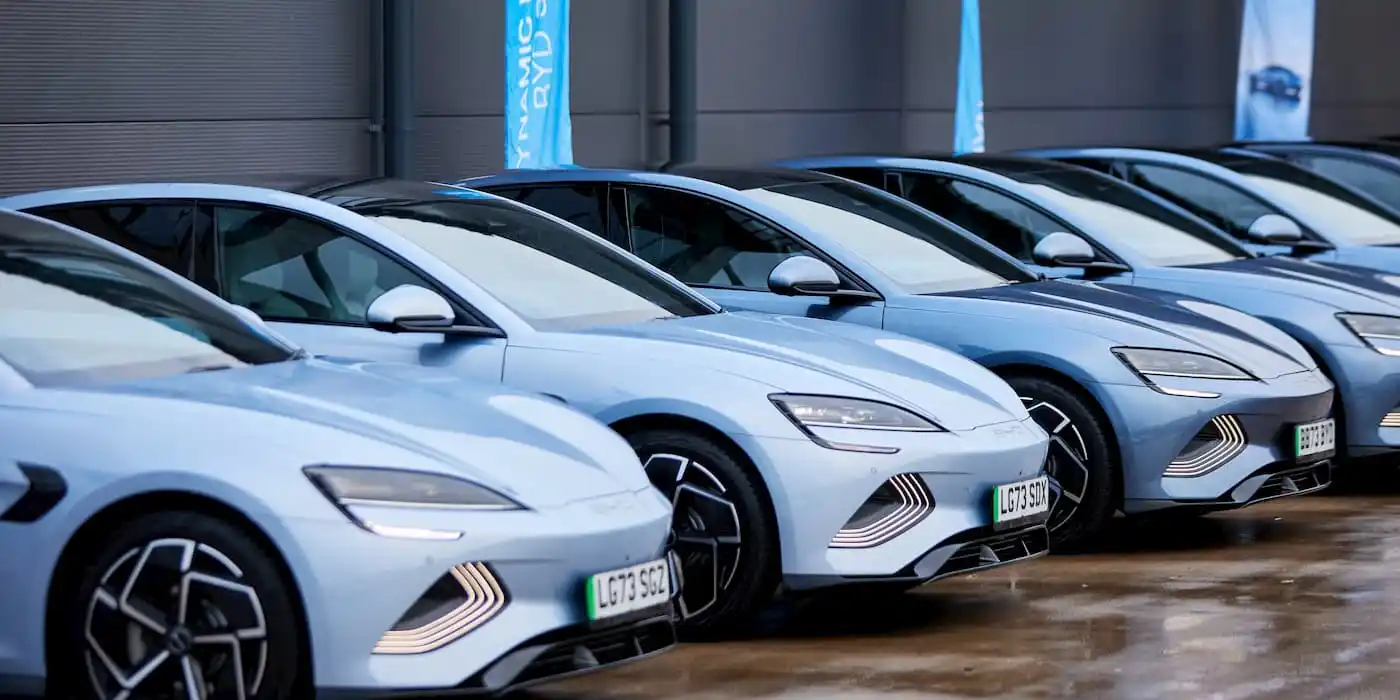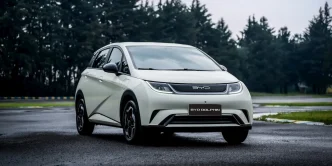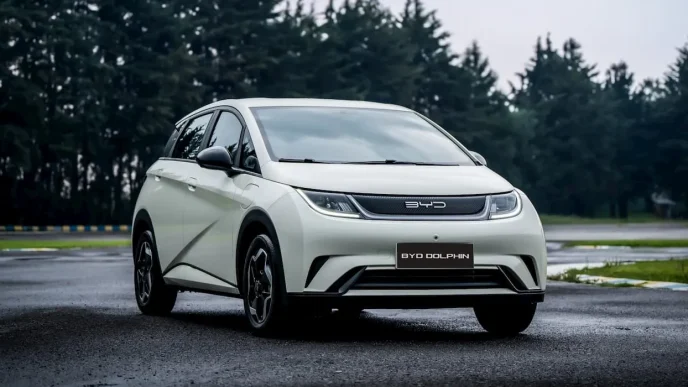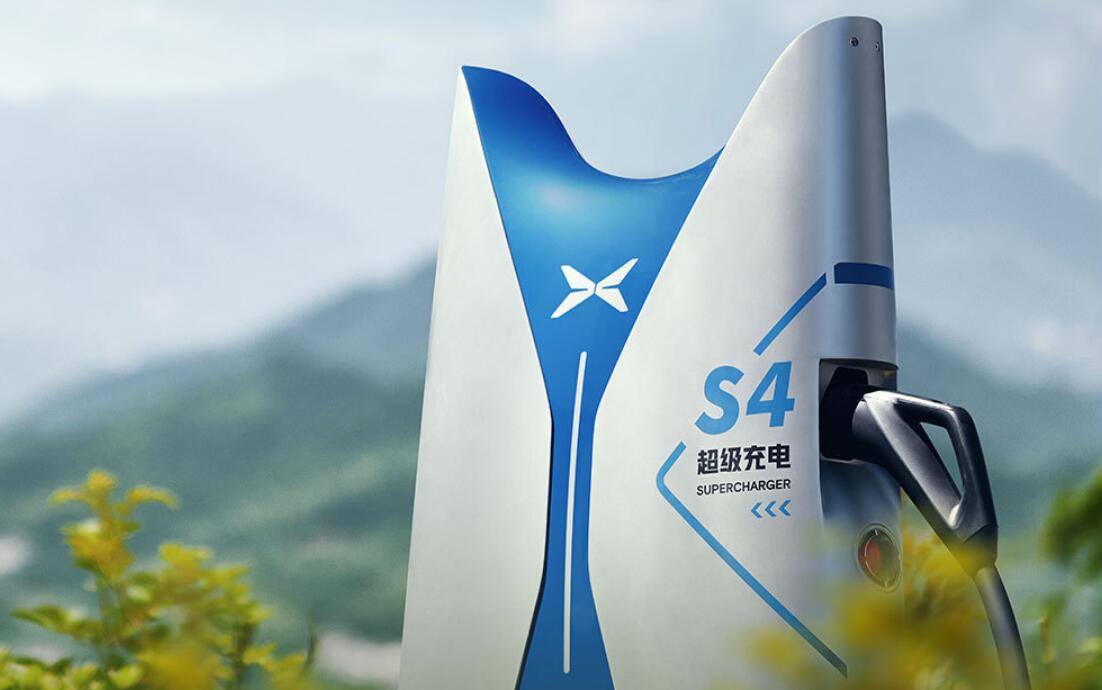The European Commission’s decision to implement tariffs on Chinese-made electric vehicles (EVs) could jeopardize decades of cooperation between China and the European Union (EU) and undermine climate change initiatives, according to a report by the state-run Xinhua news agency on Saturday.
On Friday, the EU announced its intent to proceed with significant tariffs on Chinese EVs, despite opposition from Germany, the bloc’s largest economy. This has become the EU’s most significant trade dispute with Beijing in a decade. Xinhua characterized the move as indicative of a “deep-seated protectionist impulse,” warning that such tariffs could ignite a trade conflict detrimental not only to China-EU relations but also to Europe’s goals for a sustainable green transition.
The report emphasized that “the path forward is clear: Protectionist tariffs must be abandoned in favor of continued negotiations.” European imports of Chinese EVs have surged in recent years, raising alarm among domestic producers concerned about losing market share to a flood of competitively priced Chinese electric vehicles.
The proposed duties, potentially as high as 45%, would impose significant costs on car manufacturers, amounting to billions of dollars in additional expenses to import vehicles into the EU. These tariffs are expected to be enacted from next month and will last for five years. The European Commission, responsible for the bloc’s trade policy, has argued that the tariffs are a response to what it views as unfair Chinese subsidies following a year-long investigation. However, it has stated its willingness to continue discussions with Beijing.
A potential compromise could involve establishing minimum sales prices for imported vehicles. In response to the planned tariffs, China’s Commerce Ministry has vehemently opposed the measures, labeling them “unfair, non-compliant and unreasonable,” and has initiated a challenge at the World Trade Organization.
In what appears to be retaliatory actions, Beijing has launched investigations into imports of EU products such as brandy, dairy, and pork this year, further complicating the trade landscape.

